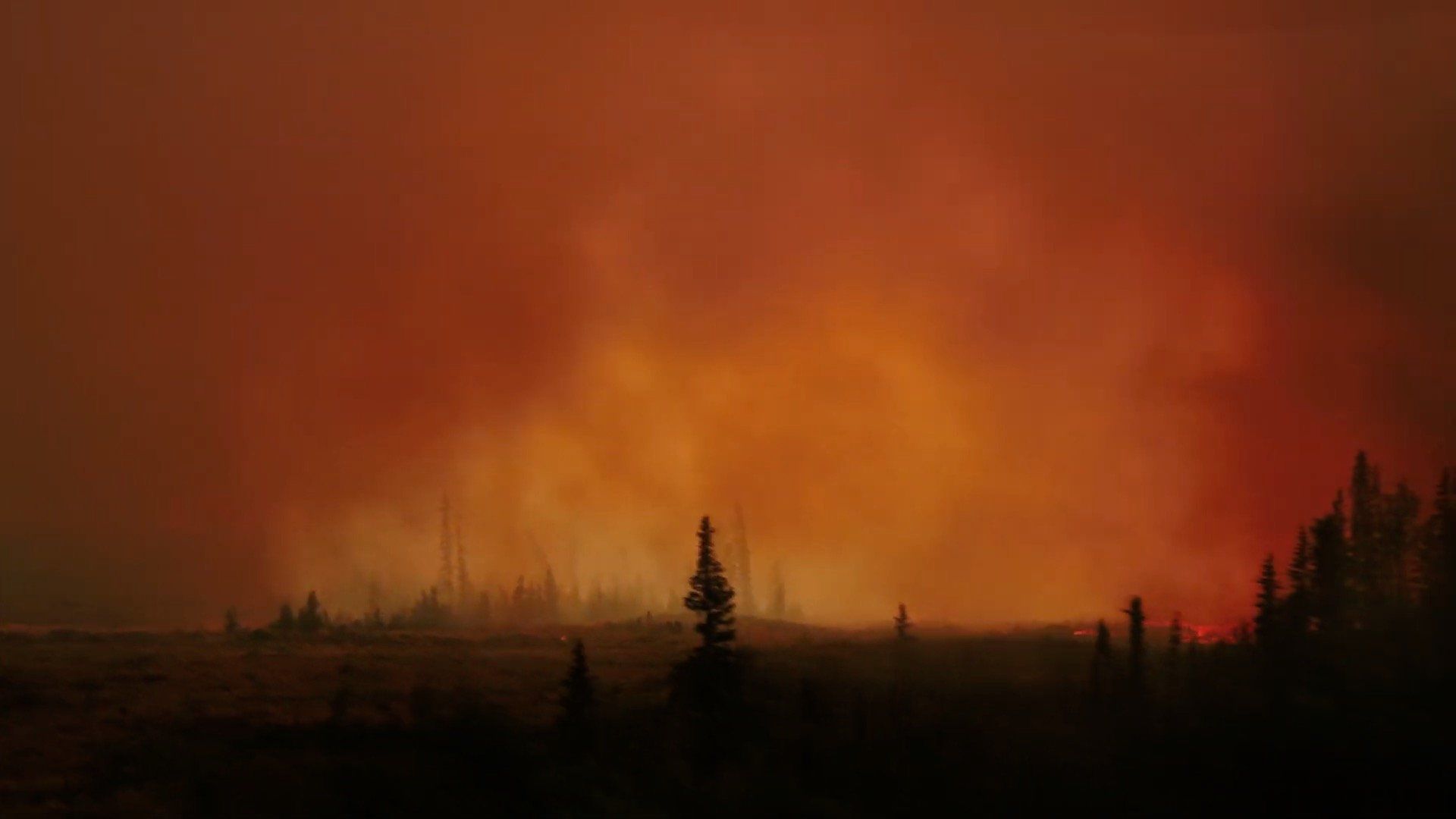Leading a government means balancing tradeoffs, for both policy and political gain, and few stories illustrate the choices facing Prime Minister Justin Trudeau more clearly than his sizeable proposed investment in cleaning up Canada’s notoriously dirty oil industry.
Trudeau has styled himself an environmentalist, in part by introducing a national carbon tax and other steps to decarbonize industry in a country that’s the world’s fourth-leading oil producer. But prime ministers must also protect jobs and economic growth where they can, and Canada’s oil and gas sector accounts for about 7% of the country’s GDP and more than 20% of the country’s goods exports.
The trouble is that Canada’s oil sands are tremendously polluting, and that’s why Trudeau’s government has promised C$12.4 billion (US$9.1 billion) in tax credits for the construction of carbon capture systems he hopes will help Canada cut carbon emissions by 40% below 2005 levels by the end of this decade.
Environmental groups and some experts are skeptical the scheme will work on the scale needed to approach that target and would rather see that money invested to develop green technologies that don’t produce carbon that needs to be captured. For Trudeau, this investment plan is a big policy and political gamble.